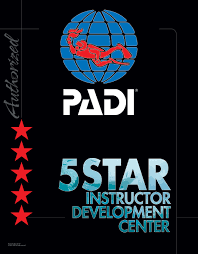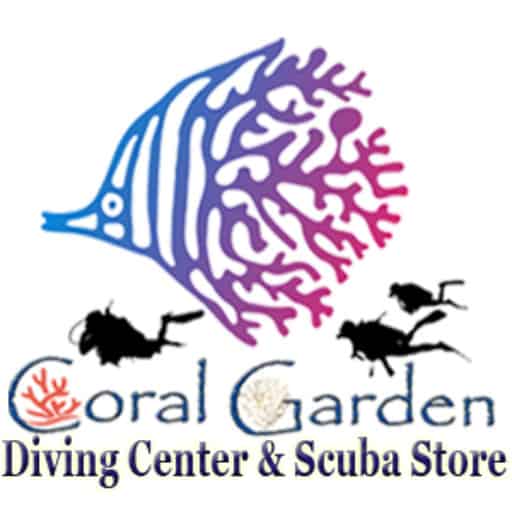What people say about it
Have you considered getting your scuba diving certification? Like the majority of novices, you're probably searching for the best location to study diving under the direction and supervision of a qualified, seasoned expert. The Professional Association of Diving Instructors (''PADI'') and Scuba Schools International (''SSI'') are two of the most renowned scuba diving organizations in the world and your finest choices for aiding in your search. So that you can select the qualification that is best for you, let's examine the PADI and SSI programs.

What is PADI?
PADI is a recreational diver training organization founded in 1966 by John Cronin and Ralph Erickson. It is one of the greatest scuba diver training organizations in the world that offers programs and diving courses from entry-level to professional diving courses to start your diving career.
Being PADI certified means the individual has completed diving which has been touched by a PADI instructor. After completing the scuba diving theory, an exam and practical exercises, they can safely participate in diving activities up to the level of the certification they hold.

What is SSI Certification?
SSI is also an organization that teaches the skills involved in scuba diving and supports dive businesses and resorts. One of the pioneers in scuba diving training, Robert Clark, started SSI in the United States in the year 1970. SSI was also the first organization to offer a full teaching curriculum, including the first full-motion video. The SSI organization is comparable with the PADI organization.
I want to complete my PADI Open Water, have you heard that expression before? Since "Open Water" is the first course of the PADI certification, the expression has come to mean "I want to learn diving," which is what the majority of new divers state.
Though PADI is a group that teaches scuba diving among other things, bear in mind that it isn't the only one to do so. As previously stated, SSI is another well-known institution where you can learn to dive. You may also decide to join one of the regional associations in your nation, such as the NOB in the Netherlands or the British Sub-Aqua Club (BSAC) in the UK.


Where can I obtain my diving license?
In addition to obtaining your diving license locally (in your hometown or a neighbouring location), there are a few locations around the globe that are unquestionably worth considering!
One of the best options is to get your diving license combined with exploring the best diving destinations. With a liveaboard, you can explore the best dive sites by boat which are not within reach of the day diving liveaboards. This means that the conditions of reefs and marine life are generally much better compared with the shore dive sites. Nothing better than combining learning scuba diving together with enjoying some of the best dive sites!
To combine a liveaboard trip with a scuba diving course, a minimum of 3-4 days onboard is recommended as the Open Water course takes around 3 - 3.5 days to complete. It should also be noted that with a multi-day liveaboard,
Scuba diving courses from the shore
Another option is to complete your (Open Water) diving course from shore.
The Red Sea, Jordan is great to get your diving license. the price for a scuba diving course is also reasonable. In addition, the Red Sea is known for its colourful marine life and good diving conditions which will make your scuba diving course and wonderful experience.
Recommendations in choosing PADI vs SSI

To summarize: Both PADI and SSI offer world-class diving training around the world. They both maintain high standards of practice across the globe.
The most important part is your personal preference. Your experiences with the diving professionals, diving centre and the location of diving are by far more important than the differences between PADI and SSI. For new divers, the diving instructor is the one who will give you a wonderful diving experience (or the worst) so choosing the right diving centre and/or diving professional is the most important one.
We don't have a big preference for one of these diving organizations. They have both high standards and they aim to train their diving professionals in the best way. But if you are really asking for our opinion, we have a preference for PADI but that is just because instructors are operating independently and PADI is worldwide accepted

